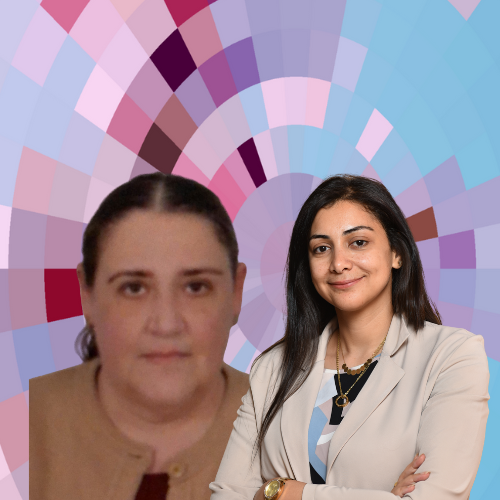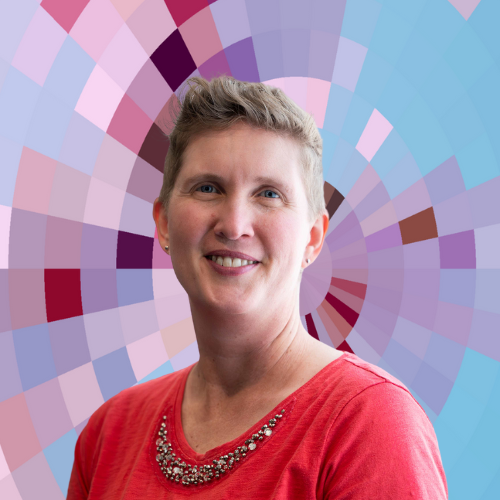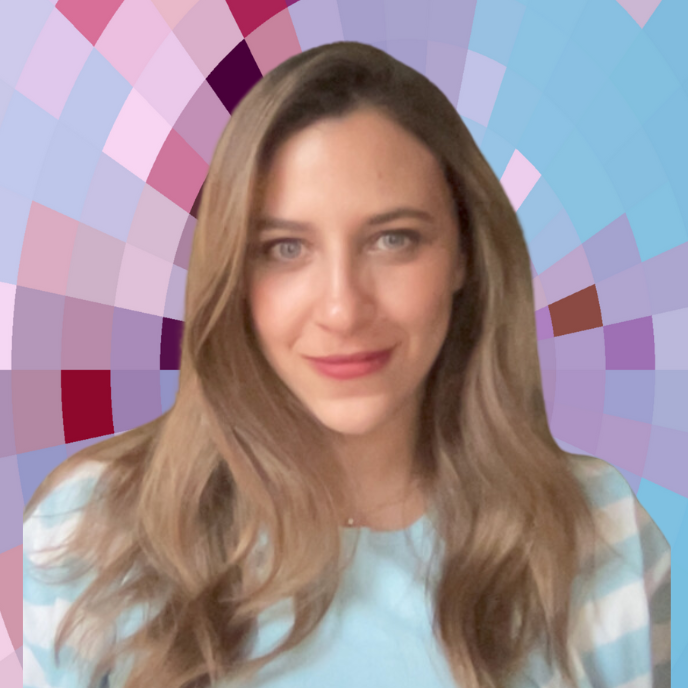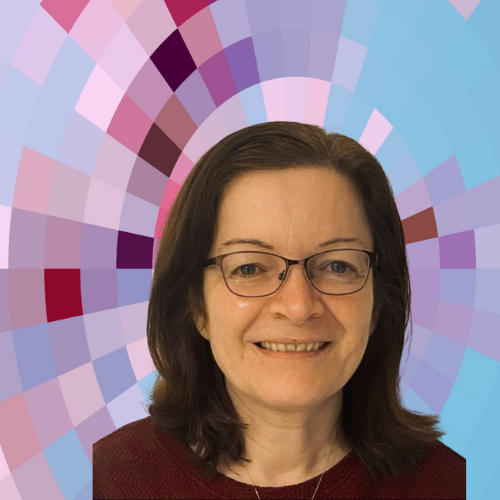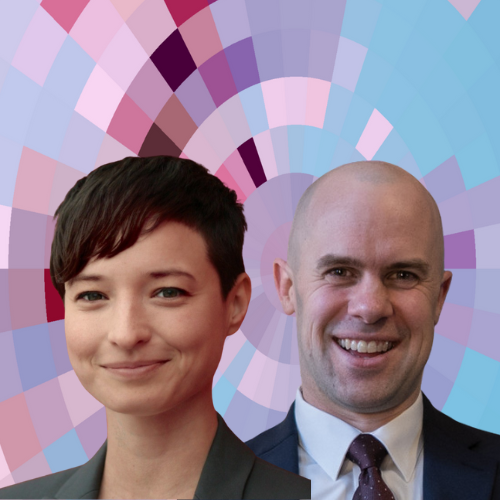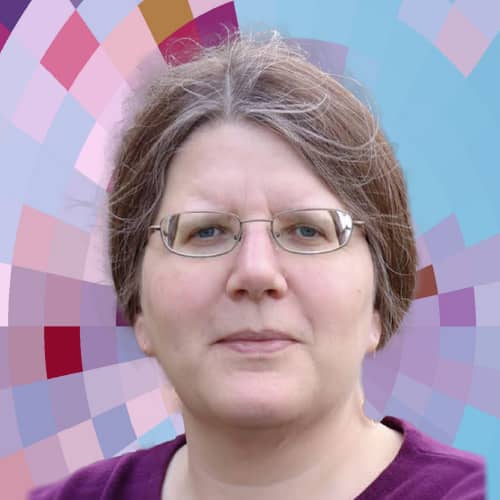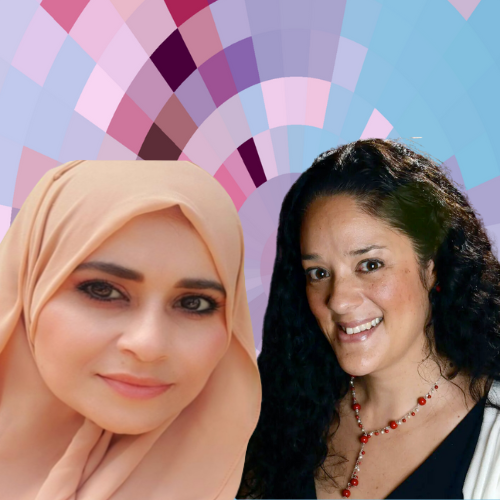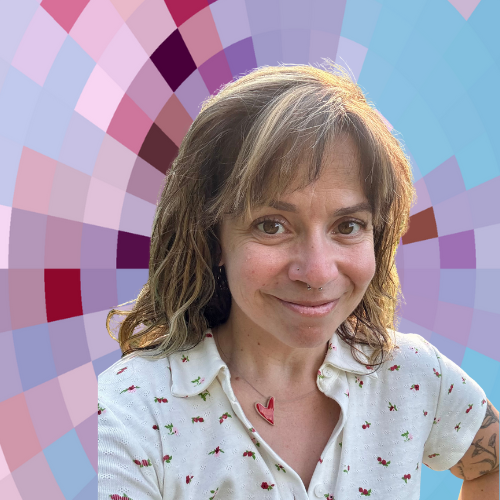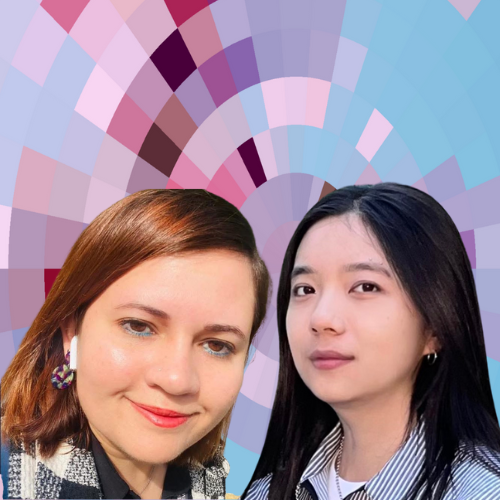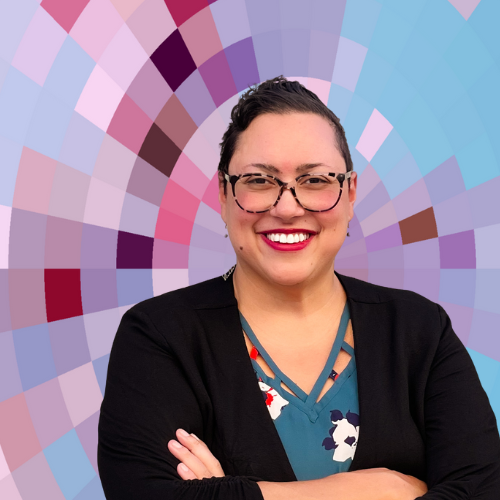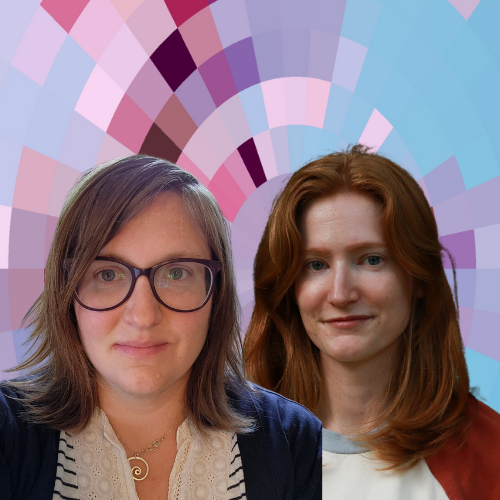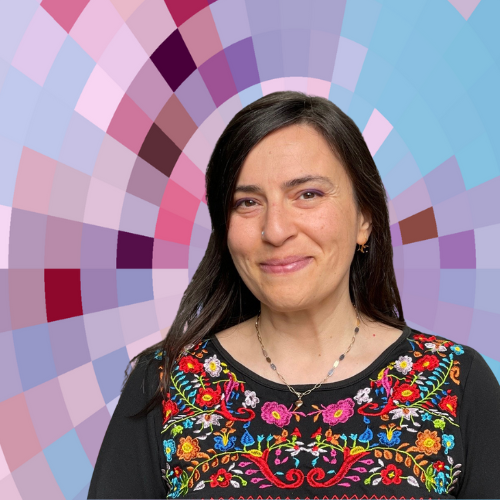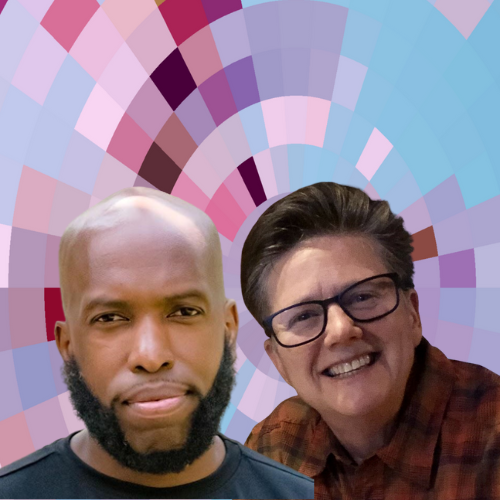The MYFest 2025 schedule is emerging so the confirmed session times are posted on this schedule and we will continue to add more. Please check back for new sessions periodically. You can use the filter/advanced search right below to look for sessions under specific themes (labeled as categories) or month/date range. You can also visit archives of MYFest 2022, 2023, and 2024.
Search MYFest 2025
Educating and Empowering Gen Z: Innovative Strategies for Effective Language Learning
The facilitators will share personal experiences teaching both graduate and undergraduate academic writing courses and outline how they have succeeded in embracing Gen Z’s needs by providing them with future-relevant, innovative tools and techniques to use in their journey of lifelong learning and self-discovery.
Gen AI Use and Neurodiverse Students
What are some ethical concerns about neurodiverse students use generative AI programs to help with their education? This presentation will discuss how ND students might use gen AI to help with their coursework and some of the concerns that might pop up between students and faculty over this gen AI use
Pause & Breathe: 10 Minute Guided Meditation
Take ten minutes to be mindful and reset your mind with a simple, calming and grounding guided meditation. Open to all levels, this biweekly practice helps you carry more calm and mindfulness into the rest of your day.
"Hospicing Modernity" Book Discussion
Please join us for a traditional book club discussion of the book “Hospicing Modernity.” Over the course of the summer, participants are invited to read the book “Hospicing Modernity” by Vanessa Machado de Oliveira, for our book discussion meeting where we will discuss and explore the ideas in community with other readers.
Body Mapping to Reflect on Wellbeing
This session will give you the opportunity to learn about body mapping and how it can help us to purposefully reflect on our own wellbeing. You will draw and annotate your own individual map as you reflect on a series of questions.
How Teaching Philosophies Inform (and Explain?) AI Adoption
Nearly every educational institution has some faculty who readily adopt AI and others who resist it. What if the problem is that we haven’t yet adequately understood our positions relative to each other, and the underlying values they represent? The presenters share a frame that explains our positioning on AI and offers pathways forward to facilitating productive discussion about AI at your institutions.
Learning From Students' Stories Using Narrative and Voice-Centred Approaches
This session will give you the opportunity to learn about some narrative and voice-centred approaches to research and scholarship in education. You will write your own story and try out some different approaches to discover what a researcher might learn from your story.
Readers Theater: African Dilemma Tales
Carrying on a MYFest tradition, this is our 4th year of Readers Theater, and this time the focus will be on plays based on African dilemma tales. No special preparation is required; all you need to bring is your voice and your curiosity. All ages are welcome!
Poetic Practices for Living Creatively
Join us in a conversation that focuses on mindfulness practices for creative inspiration.
The Stories We Teach By: Shifting the Pedagogy of the Distressed
Feeling like the system you teach in doesn’t always reflect your values?
This workshop invites educators to name the hidden pressures shaping their work — and to reconnect with the beliefs that first called them into higher education. Together, we’ll explore what it means to teach from a place of integrity, not performance.
Landscapes of Higher Education: Building Relationships for Doing Decolonial and Social Justice Work in the University – A Virtual Zine Making Workshop
This workshop is an invitation to reflect, rethink, and regroup. It offers the opportunity to engage in conversations on building relationships for social justice and critically reflect on doing decolonising work in the university.
What Will We Keep Open? Reclaiming Collaboration, Creation, and Connection in the Age of AI
How is AI reshaping what we mean by openness in education—and what will we keep open as its influence grows? In this interactive session, participants will explore the shifting terrain of collaboration, creation, and connection in the age of AI. Drawing on global research and their own creative practice, the facilitators of this session will guide participants through stories, shared reflection, and dialogue around how we can protect and reclaim human-centered learning practices. This session affirms the power of educators to resist extractive models and build futures rooted in agency, equity, and imagination.
Knowledge Justice in Digital Spaces: Navigating Algorithmic Bias
This session will introduce participants to the practice of knowledge justice, which asks us to hold multiple truths, and multiple voices, in balance with each other. Through this lens, we can recognize and address the harms presented by algorithmic bias while engaging with knowledge online to seek out diverse voices in a thoughtful and responsible way.
Reflect & Recharge: Guided Journaling for Wellbeing
This is a recurring, short and guided journaling session. Through thoughtfully written prompts and individual quiet reflection time, you’ll journal about gratitude, self-love, loving-kindness and wellbeing. Bring a notebook, an open heart and come just as you are.
Mentor Insights and Conversations: Writing Process Feedback and Support
For anyone working on a current writing project. Join us for peer review conversations and some mentor insights and feedback from small writing cohorts.
Naming Moral Injury, Practicing Moral Courage, Imagining Liberated Learning
This session confronts the moral injuries educators experience when grading regimes, rankings, and surface-level equity rhetoric eclipse genuine justice and transformation. We will learn to name these wounds and ignite moral imagination so we can help co-create liberatory campus cultures that cultivate deep, meaningful, and sustainable learning.
Science and Democracy
Science and scientific thinking was historically not only useful for the deeper discovery of the world, but also for thinking through better ways for societies to live in community. In this workshop we will resurface the relationship between science and democracy, interrogate its assumptions, and identify specific teaching strategies that allow our classrooms to be places that cultivate civically-engaged students.
The Dream That Creates With Me: Reclaiming Creativity and Imagination in the Age of AI
In an age where artificial intelligence can simulate creativity but not feel it, how do we reclaim imagination as an innately human act? In this interactive session, educator, researcher, and multimodal artist Dr. Angela Gunder invites participants into a conversation about creative AI literacies—those skillsets and mindsets that help us create with, around, and despite AI. Through personal stories, poetic provocations, and participatory reflection, we’ll explore the joys and tensions of using AI as a dialogic partner in art and education. Come ready to reflect, remix, and reimagine your own creative agency.
AI Ethics Rubric for Learning Professionals
Join me for a conversational session exploring the AI Ethics Rubric for Learning Professionals —a work-in-progress framework that treats ethics not as a checklist, but as a design challenge. Together, we’ll unpack 10 dimensions of ethical AI use in learning initiatives, reflect on real-world scenarios, and reimagine how learning teams can shape responsible, human-centered AI practices.
Pause & Breathe: 10 Minute Guided Meditation
Take ten minutes to be mindful and reset your mind with a simple, calming and grounding guided meditation. Open to all levels, this biweekly practice helps you carry more calm and mindfulness into the rest of your day.

